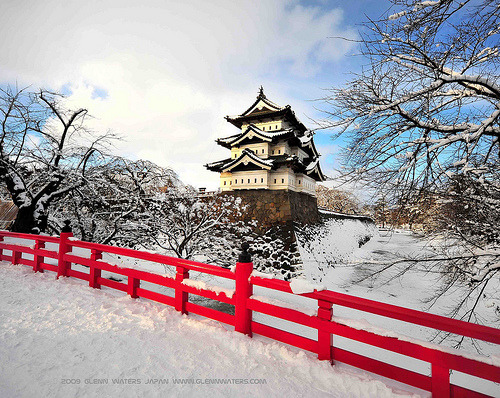after we learn how to make dictionary form in Japaneses verbs, now let's learn how to make te- form (て)in Japaneses verbs,
first i want to tell that your computer is able to read Japaneses words, like kanji and furigana, although in other way I'll still write some in romanji,
as we know from others post, that Japanese verbs, divide into 3 groups (see at
conjugation post), The -te form of a verb which does not have a tense or mood combines with other verb forms. if you know well about ta-from, It may be formed from the plain past tense by changing the ending -ta to -te. but if you don't know much about ta - form, don't worry, see the pattern below in each groups.
Groups 1
trow away ki line in masu form, or ku line in dictionary form, and change by formula below :
ki --> i te
kakimasu -> ka
ku -> kaite (write)
kikimasu -> ki
ku -> kiite (listen)
hatarakimasu -> hataraku -> hataraite (work)
gi --> i de
isogimasu -> isogu - > iso ide (hurry)
mi --> n de
nomimasu -> nomu -> nonde (drink)
yomimasu -> yomu -> yonde (read)
bi --> n de
yobimasu -> yabu - > yonde (calling people)
ri --> tte
furimasu -> furu -> futte
arimasu -> aru -> atte
kaerimasu -> kaeru -> katte (buy)
norimasu -> noru -> notte ( go ing with )
chi --> tte
tachimasu -> tachiru - tatte
machimasu - > - matte
shi -> - te
kashimasu -> kashu -> kashite
hanashimasu -> hanashu -> hanashite
Groups2
from masu form, throw away the masu and change with te, or from dictionary from, trow the ru and change with te, see below
tabe-masu -> tabe-ru ->tabe-te ( eat)
oshie-masu -> oshie-ru -> oshiete (give a lesson)
exception :
mi-masu -> miru -> mite
oki-masu -> okiru -> okite
groups 3
same as groups2, trow the shimasu and chage with shite , or form dictionary form, trow the suru change with shite.
renraku shimasu -> renraku suru -> renraku shite
shimasu - > suru -> shite
exception
kimasu - kuru - kite









